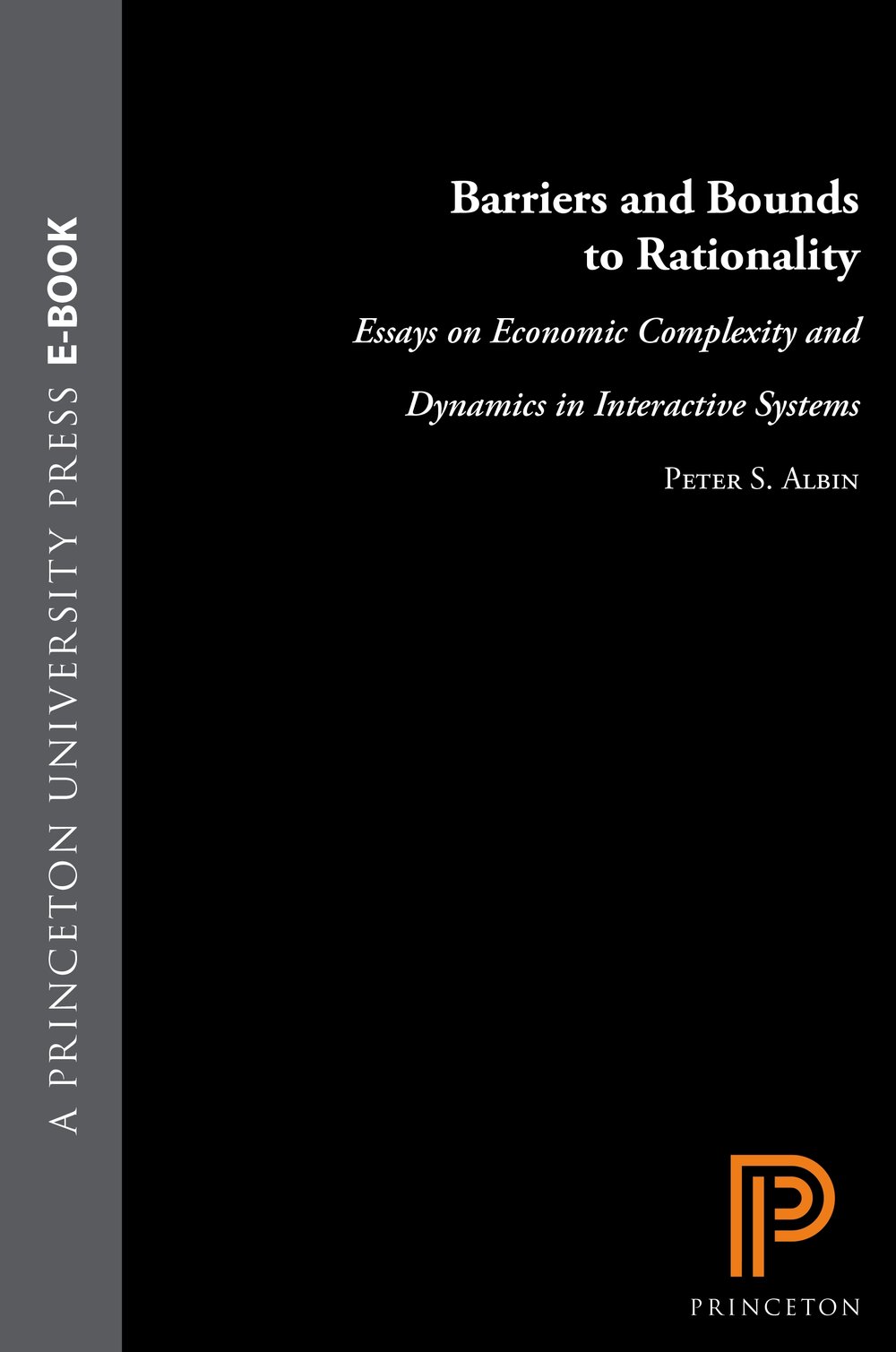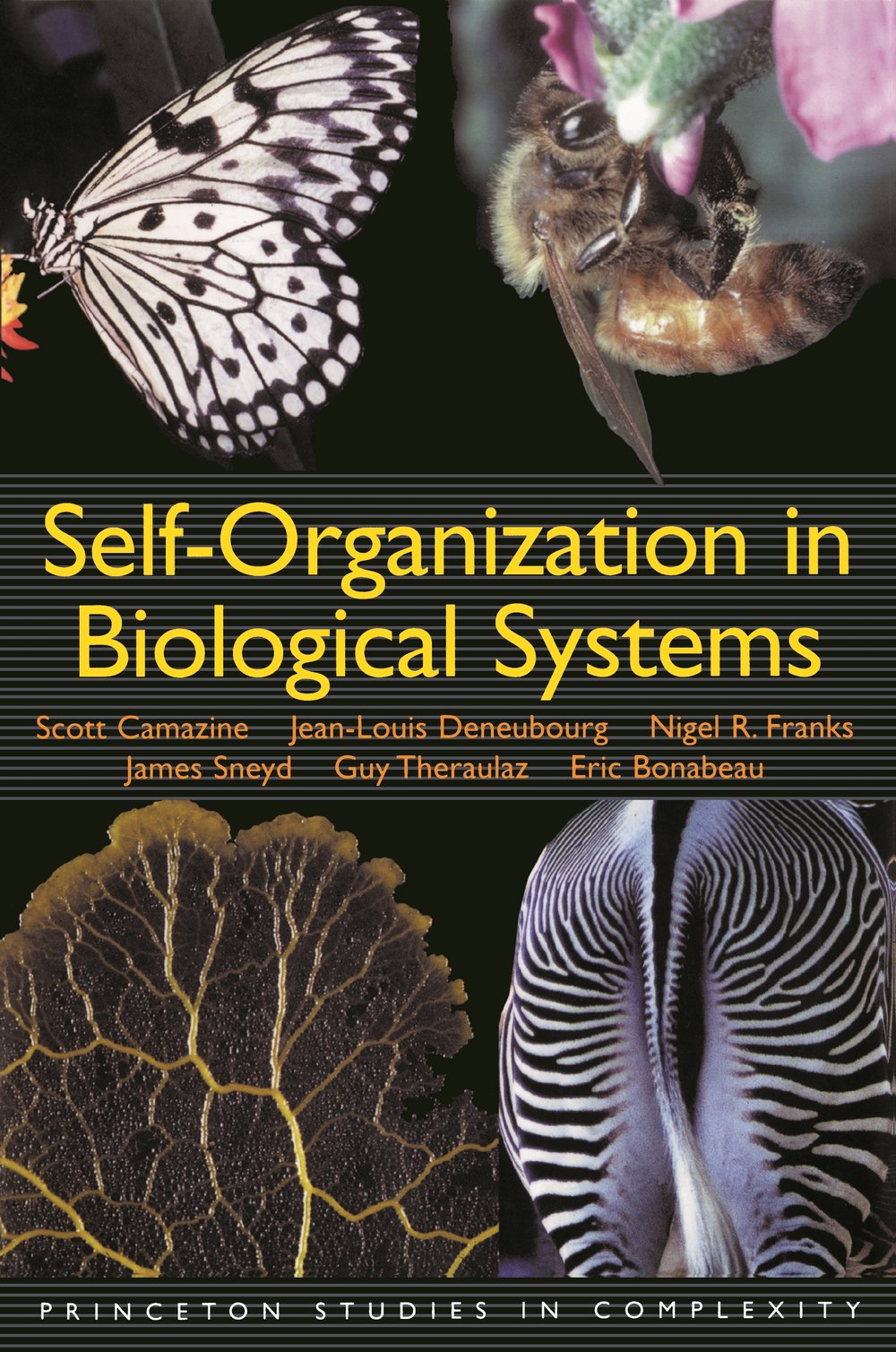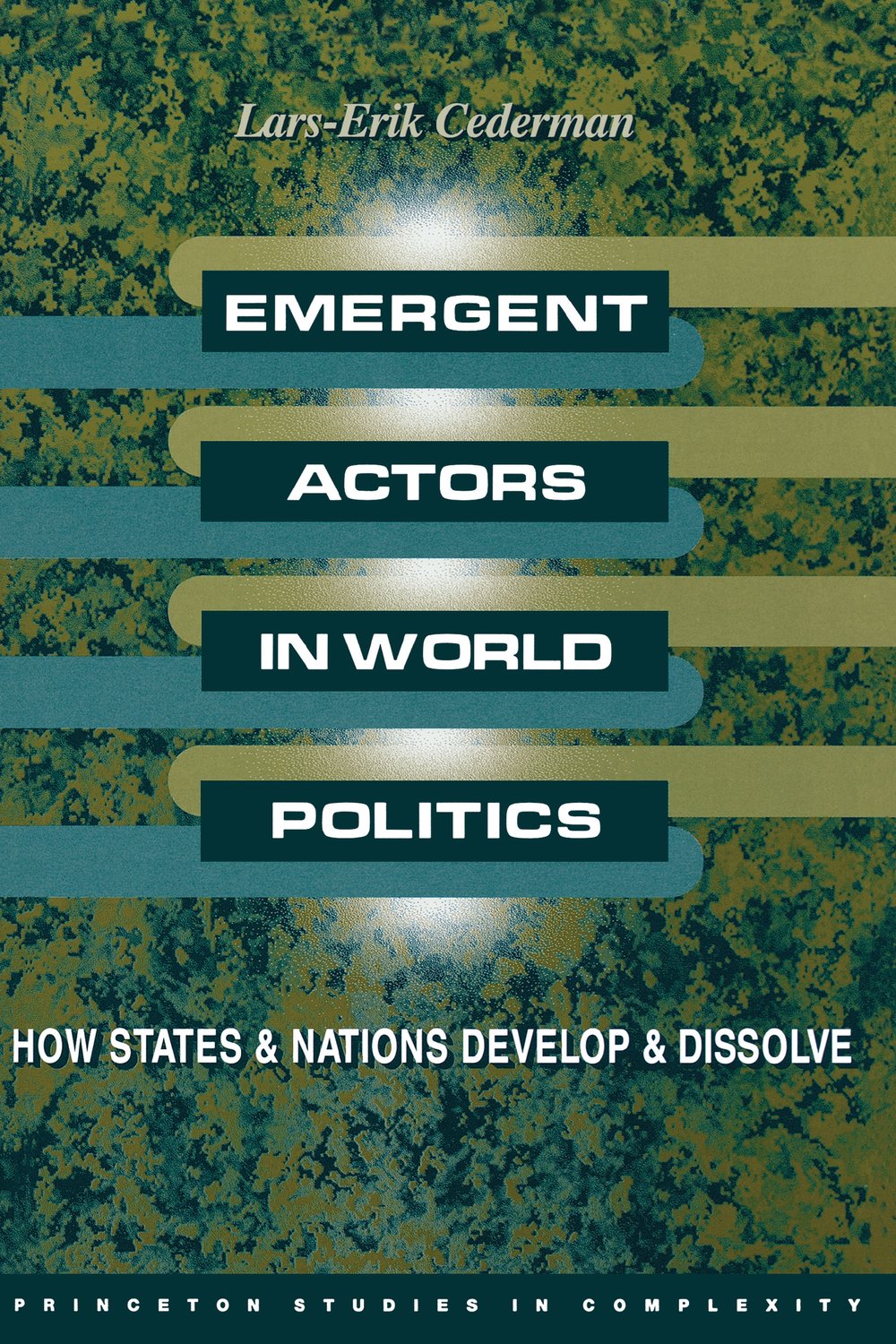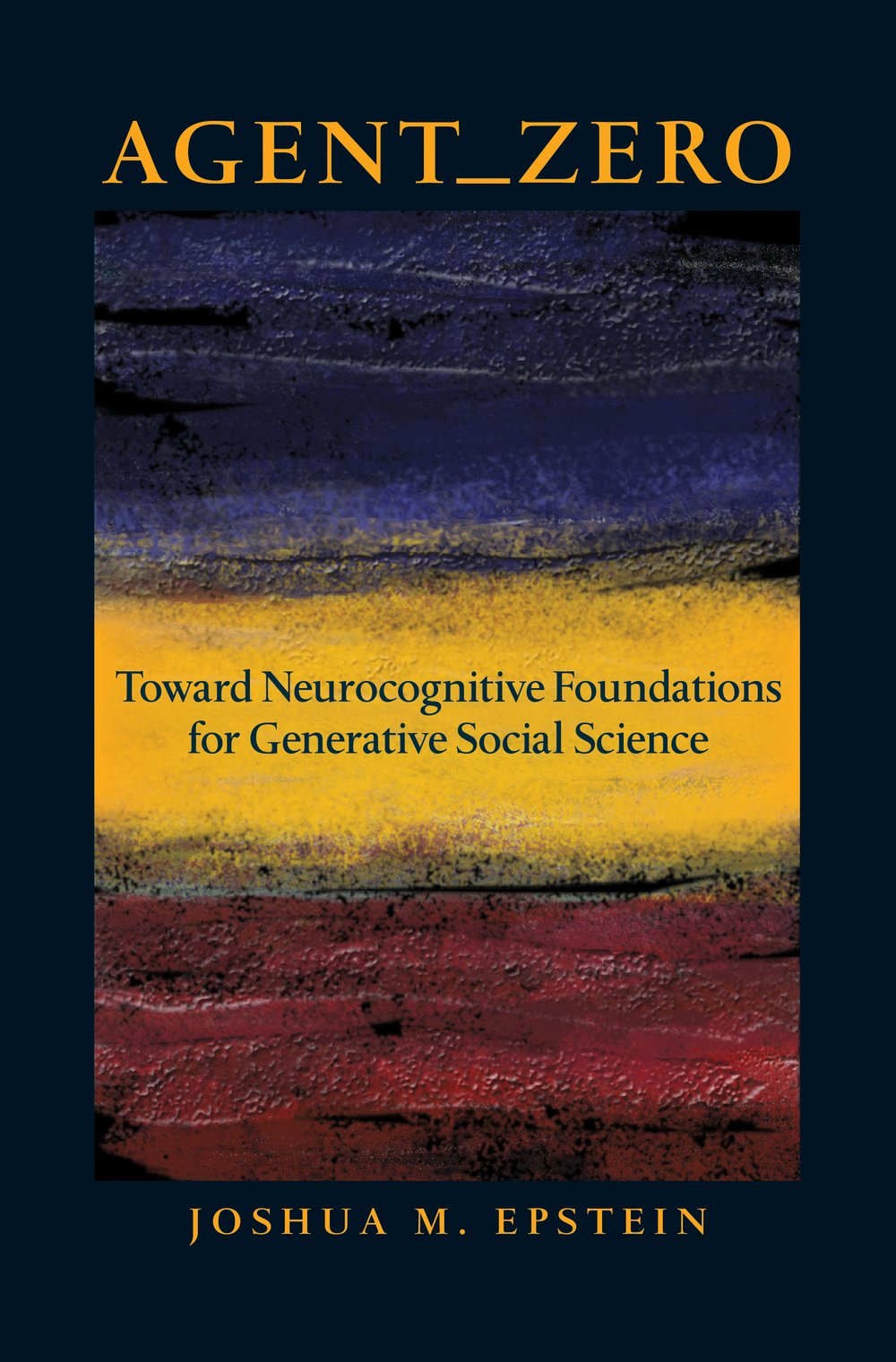The Complexity of Cooperation
Agent-Based Models of Competition and Collaboration
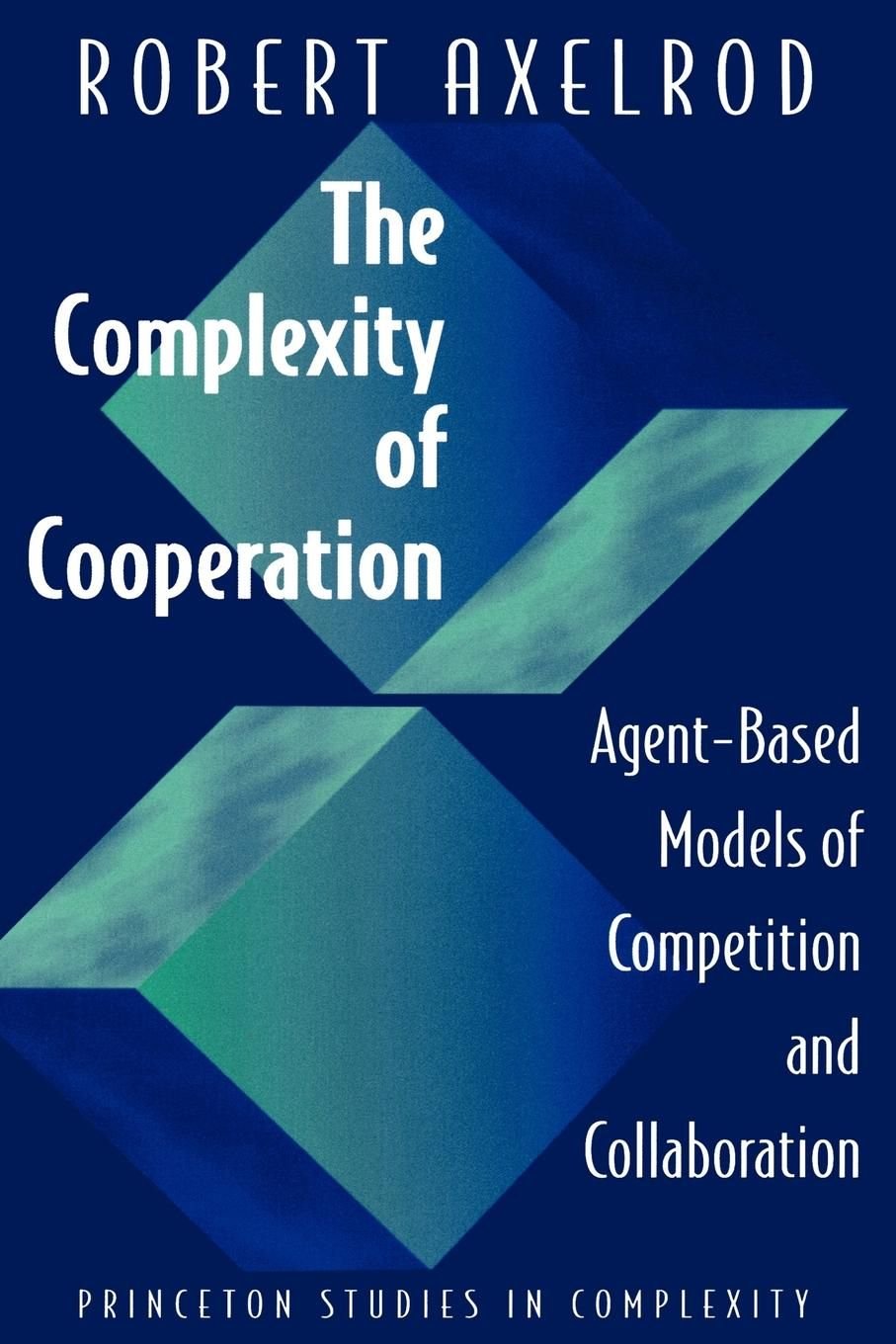
A collection of seven essays that serves as an introductory text on complexity theory and computer modelling in the social sciences, and as an overview of the current state of the art in this field. The articles move beyond the basic paradigm of the "Prisoner's Dilemma" to study a rich set of issues, including how to cope with errors in perception or implementation, how norms emerge, and how political actors and regions of shared culture can develop. They use the shared methodology of agent-based modelling, a technique that specifies the rules of interaction between individuals and uses computer simulation to discover emergent properties of the social system.

Robert Axelrod is the Arthur W. Bromage Distinguished University Professor of Political Science and Public Policy at the University of Michigan. His work on cooperation and norms has received awards from the American Association for the Advancement of Science, the American Political Science Association, the MacArthur Foundation, and the National Academy of Sciences.

